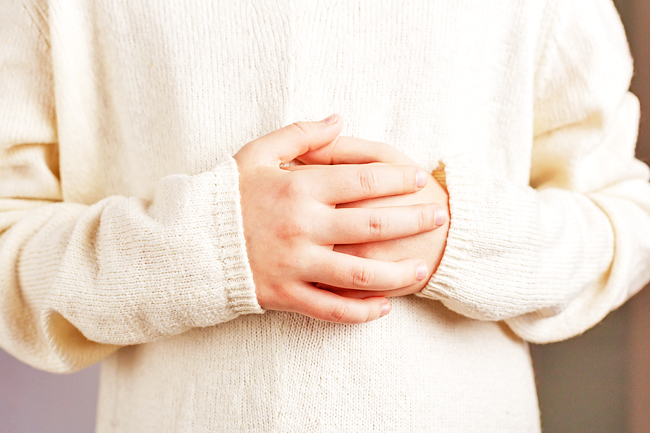In response to the letter by Concerned Dad on “Is there a ‘bug’ outbreak?”, published in the Opinion page on July 8, 2023, the Ministry of Health would like to thank the writer for sharing his concerns and drawing attention to the issue of gastroenteritis (GE) in the country.
GE and other food-borne illnesses are notifiable infectious diseases under Chapter 204 of the Infectious Disease Act. As such, the ministry routinely undertakes automated, real-time surveillance of priority infectious diseases, and where appropriate, supplements it with laboratory assessments to ascertain the source of infection.
GE is a condition that arises from inflammation of the lining of the stomach and intestines, resulting in symptoms such as abdominal pain, vomiting and diarrhoea. It can be caused by infection or non-infectious sources. Infectious GE is generally transmitted by food, water, hands or other surfaces that have been contaminated with vomit or faecal material. It is also possible transmit the infection through coughing and sneezing.
As GE is a common condition, a certain number of cases is to be expected. This number is referred to as the baseline and is derived from the average number of cases over the last five years. If the number of cases rises significantly above the baseline, it will be referred to as an outbreak.
Our surveillance indicates that between January 1 and July 8 this year, a total of 9,238 cases of GE presentations were recorded in hospitals and health centres across the country. It is below the five-year baseline, showing no indication of unusually significant increases in communities.

Nonetheless, the public is encouraged to protect themselves and their families from GE and other food-borne illnesses through measures such as:
– Practising strict hand washing using soap and water after using the bathroom, and before handling, preparing or consuming food or water;
– Observing respiratory hygiene, such as covering the mouth and nose when coughing or sneezing followed by hand washing;
– Regular cleaning of household toilets with disinfectant;
– Avoiding sharing personal belongings of an infected person such as towels, clothes and eating utensils;
– Resting and drinking plenty of fluid for those affected by symptoms of GE.
However, for those experiencing severe episodes of diarrhoea and vomiting, fever, loss of appetite for food and drink, feeling weak and lethargic or suffering severe abdominal pain, particularly in young children and the elderly, it is advisable to seek treatment at a nearby health centre or hospital. Schoolchildren suffering from GE are also advised to skip school, day care or public gatherings until they have fully recovered from the illness.
Corporate Communications Division,
Ministry of Health



















































